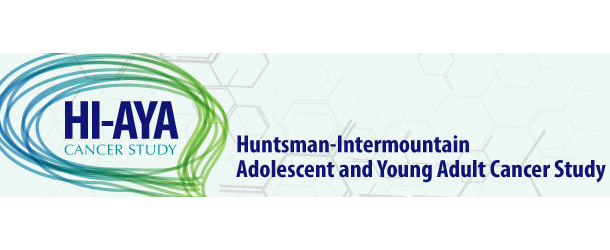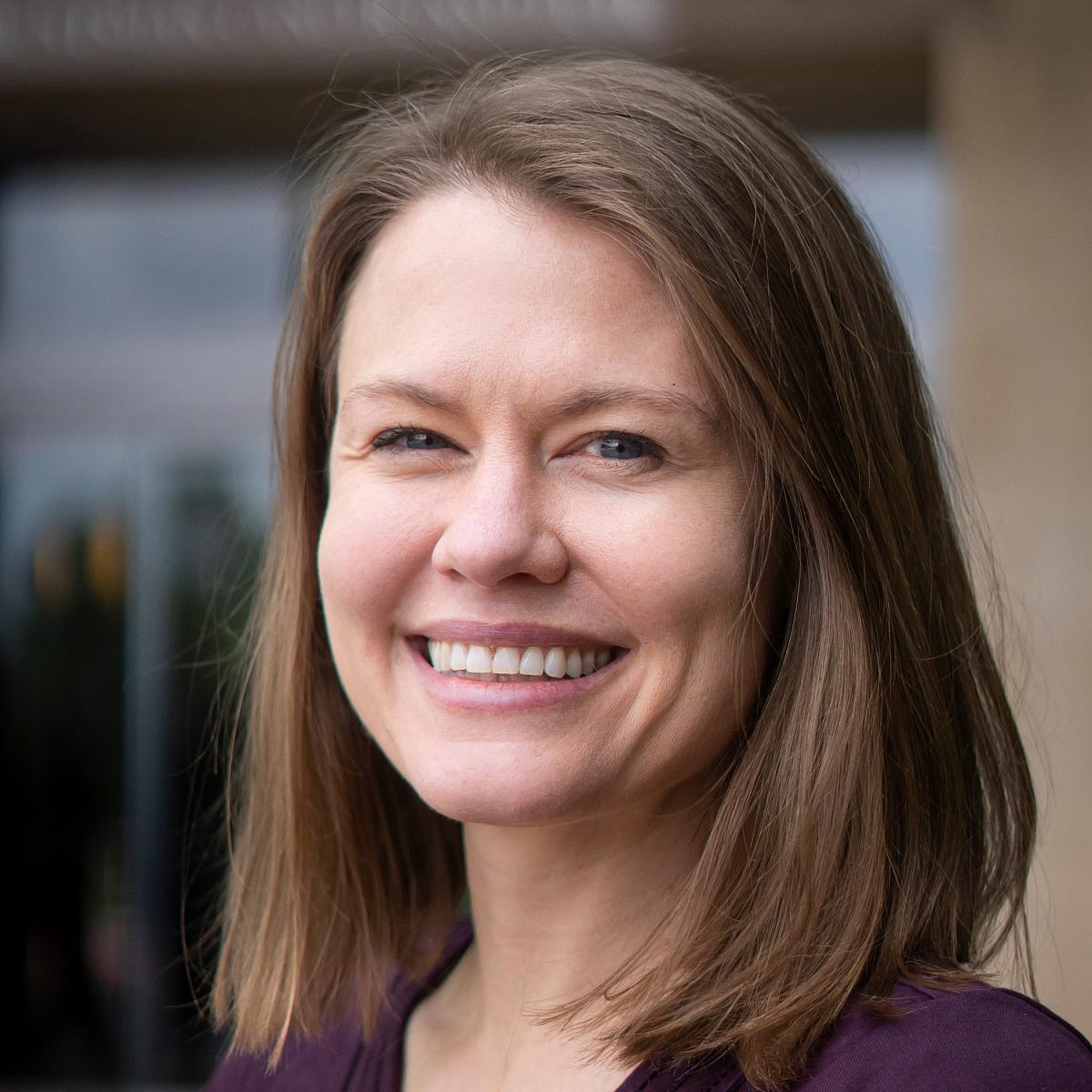
Kirchhoff Group Research

Kirchhoff Group Research
Dr. Kirchhoff and her research team have a collective goal of understanding and improving the health of pediatric, adolescent, and young adult cancer survivors. Using the definition from the National Cancer Institute (NCI), we define a cancer survivor as any person diagnosed with cancer from the time of diagnosis until the end of life.
Cancer survivorship research encompasses studies designed to understand
- The physical, psychosocial and economic issue of cancer.
- Issues related to survivors' access health care and follow-up treatment, treatment of health late effects, and quality of life.
- The needs of family members, freinds and caregivers who are also part of the survivorship experience.

Why do we focus on cancer survivorship?
In the United States there are over 14 million cancer survivors. At the end of cancer therapy, a survivor often has to adjust to physical and emotional changes that can arise as a result of their treatment. As a team, we aim to understand survivors’ health care costs, quality of life, and other outcomes, with the goal of using this information to design interventions to support and educate cancer survivors. We explore these research questions through the analysis of patient surveys and health care administrative data. We also use qualitative methods such as semi-structured interviews and focus groups.
Our work is guided by NCI’s Cancer Control Continuum, a framework that highlights the different points in cancer care including prevention, detection, diagnosis, treatment, end of life, and survivorship. This framework helps us to identify research gaps and areas of needed support. As we design studies, we consider how important patient factors such as socioeconomic status, geographic barriers, and social determinants of health such as race and ethnicity, contribute to differences in survivorship care.
The most important part of our research is working with patients, families, and providers to ensure that our studies are designed to consider their unique perspectives and needs.
Projects
Our team has several new studies based on the CHAT program (“Let’s CHAT about health insurance”) to help cancer patients, caregivers, and community members navigate their health insurance! These studies all focus on improving people’s health insurance literacy. Health insurance literacy is the knowledge and application of health insurance concepts and is critical to navigate medical care and manage health care costs. Our projects include:

HIAYA
In Utah, approximately 1,200 adolescents and young adults (AYAs), ages 15 to 39, are diagnosed with cancer each year. Connecting these patients to appropriate services is challenging because many AYAs with cancer are uninsured and require age appropriate services that are often not available in pediatric or adult settings.
The Huntsman-Intermountain Adolescent and Young Adult (HIAYA) Cancer Care Program is a new program to improve health outcomes for AYAs with cancer in the five-state Intermountain West (Utah, Idaho, Montana, Nevada, and Wyoming). The goal of HIAYA Cancer Care is to provide services to link AYAs diagnosed with cancer between the ages 15-39 with information on survivorship, fertility, and other supportive services through patient navigation.
CHAT-S (CHAT for Survivors)
Young adult (YA) cancer survivors ages 26 to 39 years often have little experience navigating health care and insurance. Our team’s prior work found that YA cancer survivors report low understanding of their health insurance and the services it covers, which affects their ability to navigate care. This study addresses the need to improve YA cancer survivors’ health insurance literacy and decrease their financial burden through expanding CHAT to patients just finishing cancer treatment. We will obtain follow-up information on patients over 18 months to understand the impact of CHAT on health insurance knowledge and utilization of healthcare.

CHAT-C (CHAT for Caregivers)
This new study is to adapt our CHAT health insurance literacy program for caregivers of pediatric and adolescent cancer patients. This project is funded by the University of Utah K2R2R grant.

HINT II Study
We are conducting a trial to assess the effectiveness of a health insurance education synchronous version delivered by a patient navigator (HINT-S) and a video version of the program (HINT-A) compared to enhanced usual care (EUC) in promoting health insurance literacy. Our goals are to reduce worry, unmet health care needs, and financial consequences due to medical costs to improve care and long-term outcomes of childhood cancer survivors. This project is currently supported by the National Institutes of Health (MPI Elyse Park; Anne Kirchhoff).

BREATHE Study
Extreme temperature events and periods of high levels of air pollution cause increased risk of cardiovascular and respiratory/pulmonary disease and/or death. Cancer survivors may be more impacted by these events since cardiovascular and respiratory/pulmonary disease are common late health effects caused by cancer treatment. As these events become increasingly common due to climate change, cancer survivors may need additional care and support. To better understand the impacts of climate change on breast cancer survivors (one of the largest groups of cancer survivors), we are studying the timing and patterns of climate-related exposures and increased cardiovascular and respiratory/pulmonary concerns requiring medical attention. We hope the results of this research will aid the health management of breast cancer survivors.
Other studies
Our research team conducts several studies utilizing cancer registry data, electronic health records data, and claims data to evaluate health care outcomes and environmental health questions in cancer survivorship. As part of this, we are contributing to a National Cancer Institute P01 on Clinical Care Gaps and Unmet Needs in AYA Cancer Survivors (PIs: Kushi, Chubak, Hahn, Keegan, Nichols).
To find out more, please see our publications.
Anne Kirchhoff, PhD
Kirchhoff Research Group
Huntsman Cancer Institute
2000 Circle of Hope
Salt Lake City, UT 84112
Phone: 801-587-4084
Fax: 801-585-0900
Email: Anne.Kirchhoff@hci.utah.edu
Follow the Kirchhoff lab on Instagram
Affiliations
- Department of Pediatrics
- Division of Pediatric Hematology & Oncology
- Cancer Control and Population Sciences Cancer Center Program
- Primary Children’s Hospital Pediatric Cancer Care
- Center for Children’s Cancer Research Disease-Oriented Team
- Public Health Graduate Program

